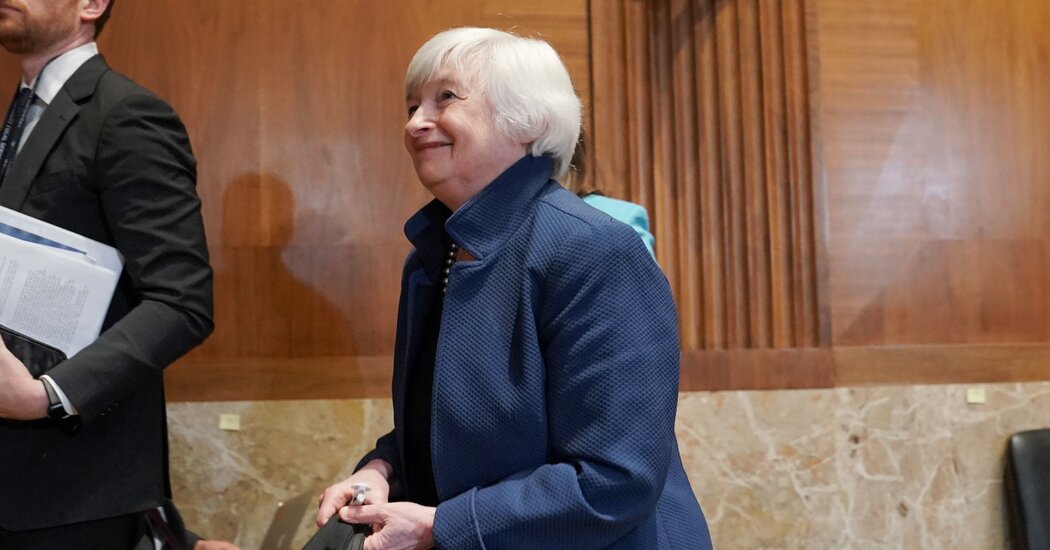
Breezy Caribbean island tax havens also declined to sign on, including Barbados, Saint Vincent and the Grenadines. Hungary and Estonia, which are keen to preserve their ultralow tax regimes, joined the dissenters, as did Kenya, Nigeria, Peru and Sri Lanka.
A bloc of holdouts means that “nothing is agreed until everything is agreed,” said Barbara Angus, the head of global tax policy at the accounting firm EY and a former chief tax counsel for the House Ways and Means Committee. “They have a huge amount of technical work to do,” she added, “and now it’s clear that they also have some more political work to do in order to see if they can bring those other countries onboard.”
France, which has led the charge for a tax on digital giants in particular, signaled it would work to bring reluctant countries in line. “I will ask them to make all the necessary efforts to join this historic agreement,” Finance Minister Bruno Le Maire said.
Administration officials said they hoped an enforcement provision in the framework, which mirrors key features of one of Mr. Biden’s proposals to raise taxes on companies headquartered in low-tax countries, would help bring holdout nations into the accord.
Officials had hoped to seal the framework last year, but their efforts were delayed by the pandemic and by a twist in the Trump administration’s stance as it effectively sought to allow some American companies to choose their tax treatment worldwide. Mr. Biden’s team dropped that insistence.
Ms. Yellen cast the framework as a victory for tax fairness, saying that decades of competition among countries to reduce tax rates to woo corporations “not only failed to attract new businesses, they have also deprived countries of funding for important investments like infrastructure, education and efforts to combat the pandemic.”
In place of that race to reduce rates, she said, “America will enter a competition that we can win; one judged on the skill of our workers and the strength of our infrastructure.”





